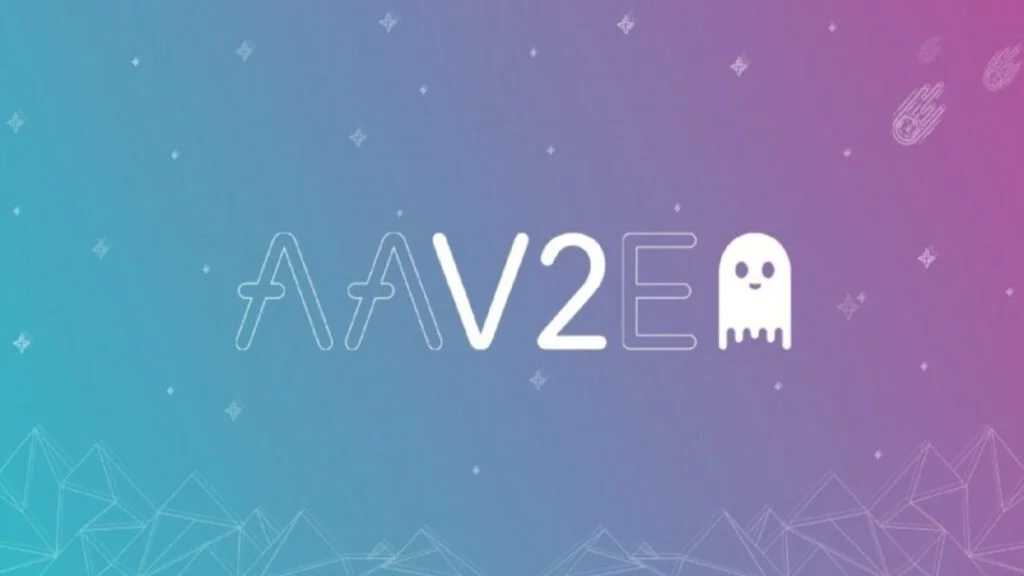The plan aims to enable developers to retrieve tokens from certain AAVE contracts and send them to owners who transferred them by mistake.

The language of a proposal approved by the AAVE decentralized autonomous organization (DAO) on March 10 states that certain AAVE users who unintentionally sent tokens to the incorrect address may soon be able to retrieve them.
The “Rescue Mission Phase 1 Long Executor” proposal gave AAVE developers the ability to update smart contracts that had previously received tokens by error, prompting the contracts to promptly return the tokens back to their rightful owners.
The confirmed proposal only applies to tokens that were unintentionally delivered to the AAVE token contract, the LEND token contract, the LendtoAaveMigrator, or the stAAVE token contract, including lost AAVE, LEND, Tether (USDT), Uniswap (UNI), and staked AAVE (stkAAVE) tokens.
It also gave the team permission to start a fresh implementation of these contracts. The lost tokens will be automatically transferred upon initialization to a different AaveMerkleDistributor contract, where they will thereafter be paid to the owners, according to the Aave DAO.
In order to be as minimally intrusive as possible, these new implementations only include that extra logic on their initialize() function, with everything else staying the same, the proposal’s wording underlines that these tokens will only be exchanged during the contracts’ initialization phase.
This implies that only tokens that have been lost in the past will be recouped. If no new proposal is approved in the future, all tokens accidentally sent to these addresses in the future might be permanently lost.
In the crypto ecosystem, losing tokens through accidently transferring them to a token contract is a typical issue. According to ChainSafe developer Muhammad Altabba, the Ethereum null address (0x0) and token contracts are home to hundreds of millions of dollars’ worth of tokens and Ether (ETH).
By transferring wrapped ETH (wETH) to the wETH token contract instead of using its “unwrap” function as they intended to, one Ethereum user misappropriated nearly $500k worth of wETH.
Tokens lost in this method are usually lost forever if a contract cannot be upgraded. Cryptographic transfers are intended to be immutable by definition.
So, even while incorrect transfers can be undone, attempts to do so can be debatable. The DAO, a prototype for today’s DAOs, was exploited in 2016 for $60 million in ETH, perhaps against the wishes of the DAO’s backers.
Most Ethereum validators executed a hard fork to undo the exploit transaction, but some of them chose to reject it, leading to the creation of Ethereum Classic.
The vote passed by the AAVE DAO to recover lost tokens wasn’t nearly as contentious. With more than 99.9% of the vote, it was approved. One user, using one AAVE token, was the only one to vote against the idea.
